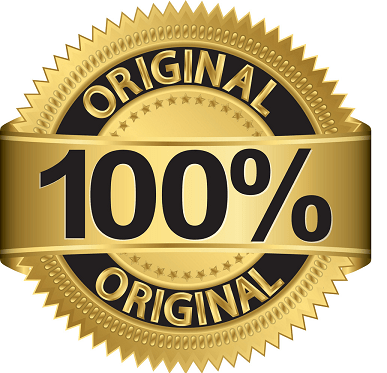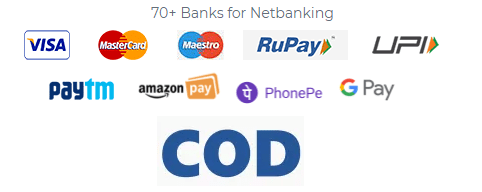
Shopping Cart
0 item(s) - ₹ 0.00Hypertension
Understanding Hypertension
Hypertension is a medical condition in which the pressure inside the blood vessels is abnormally high. The pressure may be caused by an increase in the size of the blood vessels, a decrease in the ability of the blood to flow easily, or a combination of both. Hypertension is a disease in which the blood pressure is high. It is a major risk factor for heart attack, stroke, and other serious problems.
hypertension is an chronic disease.
Chronic diseases are illnesses that last for a long period of time, typically more than six months. They can affect any part of the body, and can be serious and life-threatening. Chronic diseases can be caused by a variety of things, including genetics, lifestyle choices, and environmental factors.
Chronic diseases can have a major impact on a person’s quality of life. They can cause pain, difficulty breathing, and other problems. They can also lead to disability and even death.
There is no one single cause of chronic diseases. They can be the result of a combination of factors, including lifestyle choices, environment, and genetics.
Chronic diseases can be difficult to diagnosis and treat. They often require a combination of lifestyle changes, medications, and surgery.
There is a lot of progress being made in the fight against chronic diseases. Many are now able to be treated successfully with a combination of lifestyle changes, medications, and surgery. However, much more still needs to be done to help those affected by these illnesses.
Causes of hypertension
There are many possible causes of hypertension, but the most common are age, genetics, and lifestyle.
Age: As people age, the walls of their blood vessels become thinner and less elastic, which can make the vessels more prone to becoming stretched and damaged.
Genetics: Some people are more likely to develop hypertension due to their genes.
Lifestyle: Smoking, drinking, and being overweight are all associated with an increased risk of hypertension.
Symptoms of hypertension
The most common symptoms of hypertension are a feeling of pressure in the chest, shortness of breath, lightheadedness, dizziness, and headache.
Diagnosis of hypertension
To make a diagnosis of hypertension, your doctor will ask you about your history and symptoms. He or she will also perform a physical exam to look for signs of damage to your blood vessels.
Depending on the severity of your hypertension, your doctor may prescribe medication to lower your blood pressure. If your blood pressure is not controlled with medication, your doctor may recommend surgery to remove some of the blood vessels that are causing the high pressure.
To make a diagnosis of hypertension, your doctor will ask about your history and symptoms. He or she will also perform a physical exam to look for signs of damage to your blood vessels.
causes of hypertension
There are many possible causes of hypertension, but the most common are age, genetics, and lifestyle.
hypertension prevention
There is no one-size-fits-all approach to hypertension prevention, but some simple lifestyle changes, such as eating a balanced diet, exercising regularly, and avoiding smoking and excessive drinking, can help to lower your risk.
Symptoms of hypertension
The most common symptoms of hypertension are a feeling of pressure in the chest, shortness of breath, lightheadedness, dizziness, and headache.
The diagnosis of hypertension is typically based on a patient's history and physical exam. If hypertension is not controlled with medication, surgery may be recommended to remove some of the blood vessels that are causing the high pressure.
how to control hypertension
There is no one-size-fits-all answer to this question, as the best way to control hypertension depends on the individual's specific health situation and lifestyle choices. However, some general tips that may help to control hypertension include:
• Making sure that you are getting enough rest and exercise.
• Maintaining a healthy weight.
• Avoiding smoking and drinking excessively.
• Taking medications as prescribed by your doctor to control your blood pressure.




